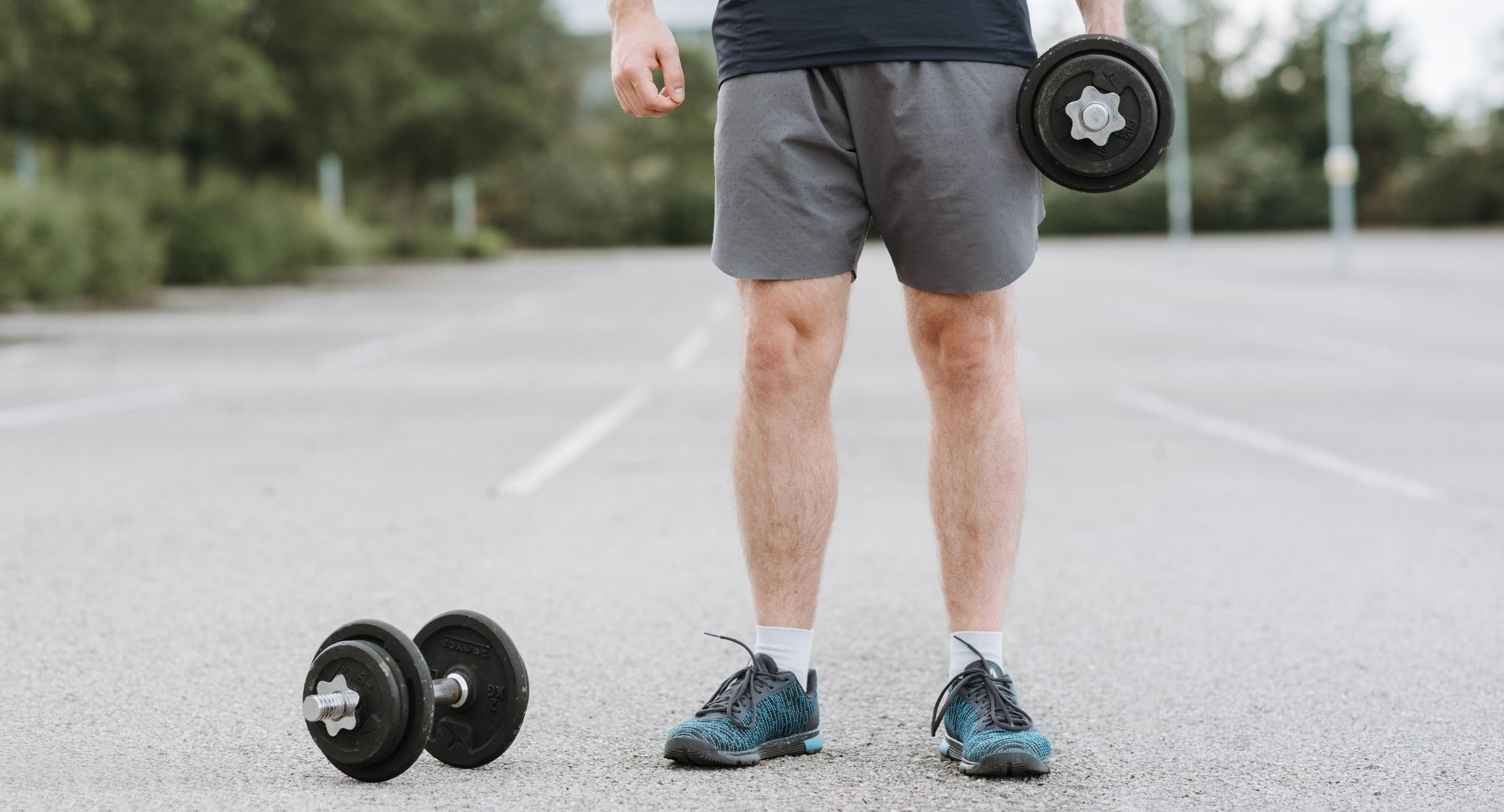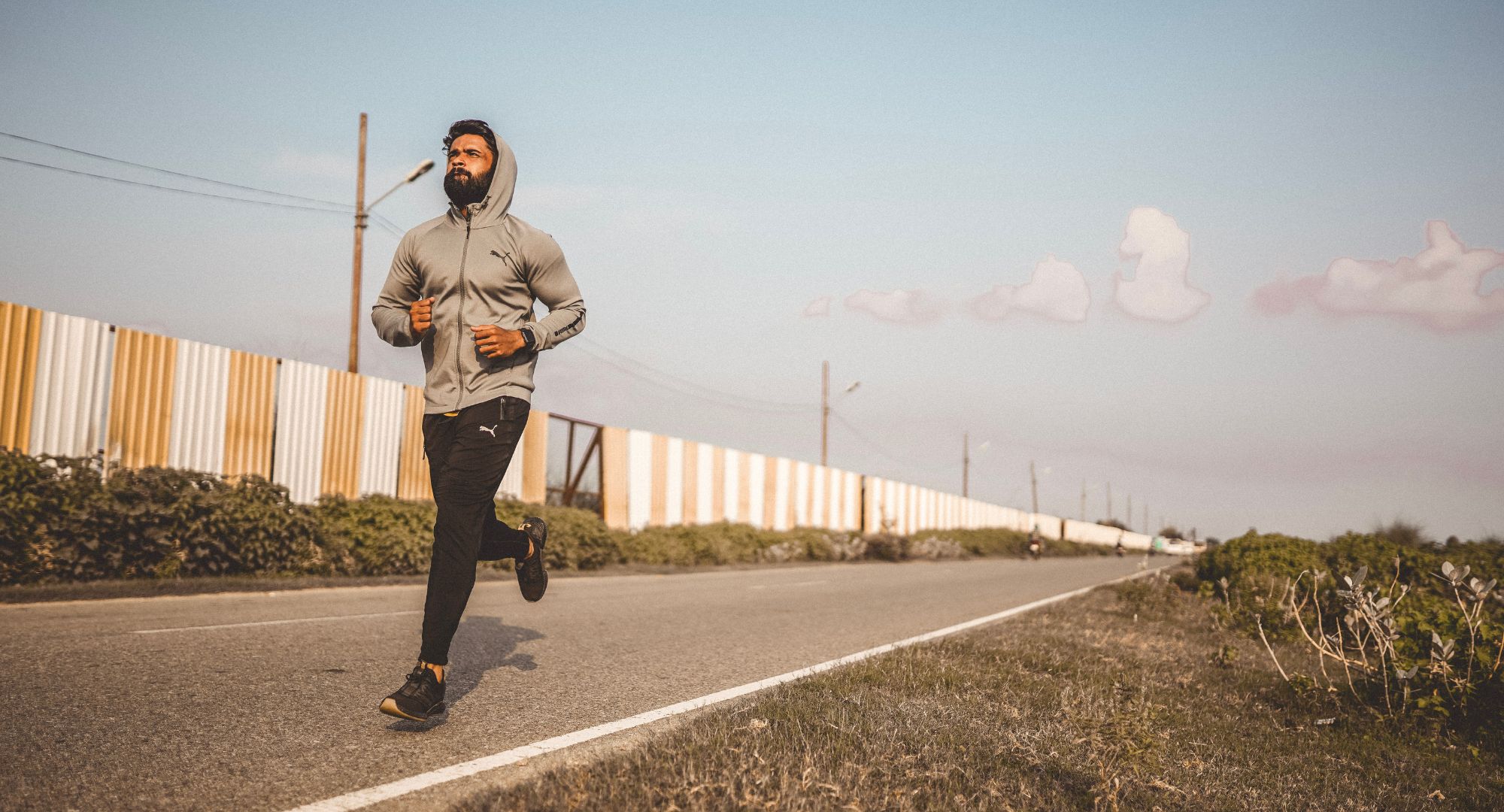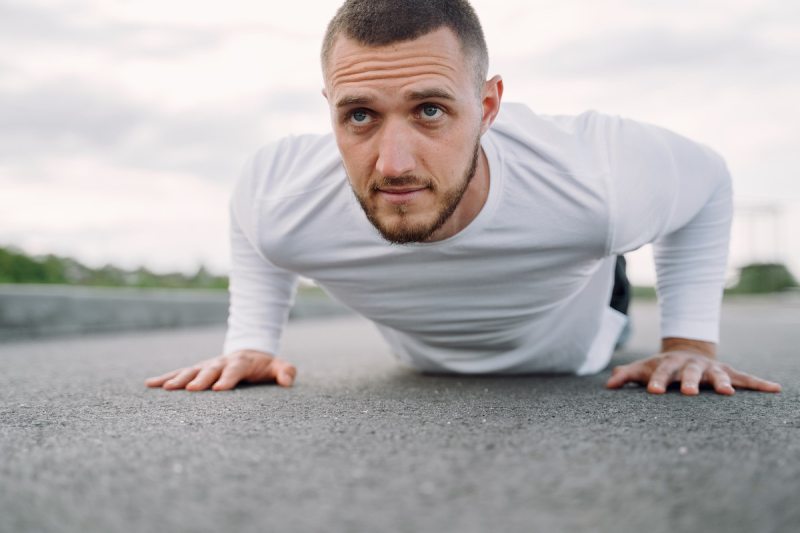
If you’re struggling to lose weight or sleep better, changing the time of day you work out might help. A new study published in Obesity found the optimal time to exercise, even if you sit all day.
In this article, we’ll break down the study findings and explain why the recommended workout time benefits weight loss.

When is the best time to work out?
Getting moving early in the morning (between 7 a.m. and 9 a.m.) might give you a leg up when it comes to managing your weight.
A study published in the journal Obesity found that people who got moderate to vigorous physical activity (MVPA) first thing in the morning had lower BMIs and waist circumferences than those who worked out later in the day. The study analyzed data from over 5,000 people between 2003 and 2006.
The researchers also found that morning exercisers tended to follow a healthier diet and consume fewer calories relative to their body weight. So, morning workouts may also lead to better dietary choices and calorie control throughout the day.

Tips for getting started with morning workouts
If you’re not a morning person, fitting an early sweat sesh into your workout routine can be tough. But it’s not impossible if you’re willing to make a few adjustments.
Here are some tips to help you get started:
- Set your alarm early enough to give yourself time to get ready and work out. This means going to bed earlier at night, too.
- Choose a workout that you enjoy and that fits into your schedule. If you hate running, don’t force yourself to do it. There are tons of other workouts you can do, like lifting weights, swimming, or playing sports. Find something you like to do and stick with it.
- Start slowly and gradually increase the intensity and duration of your workouts over time. Don’t try to do too much too soon, or you’ll get discouraged. Start with 20 to 30 minutes of light exercise a few times a week, and then gradually increase the duration and intensity as you get stronger.
- Find a workout buddy to help you stay motivated. Having someone to work out with can make it easier to stay on track. If you don’t have any friends who are morning exercisers, find an online community where you can connect with other people who are trying to get in shape.
You can also:
- Put your workout clothes on the night before so you don’t waste time fumbling around in the morning.
- Drink a glass of water first thing in the morning to hydrate yourself.
- Eat a light breakfast before your workout, or eat something afterward if you need to.
- Listen to upbeat music while you work out to get you pumped up.
- Reward yourself after your workout with a healthy snack or coffee.
Getting started with a morning workout routine can be rough, especially if you’re not a morning person. But trust us, it’s worth it in the long run. You’ll feel more energized throughout the day and be on your way to reaching your fitness goals.


